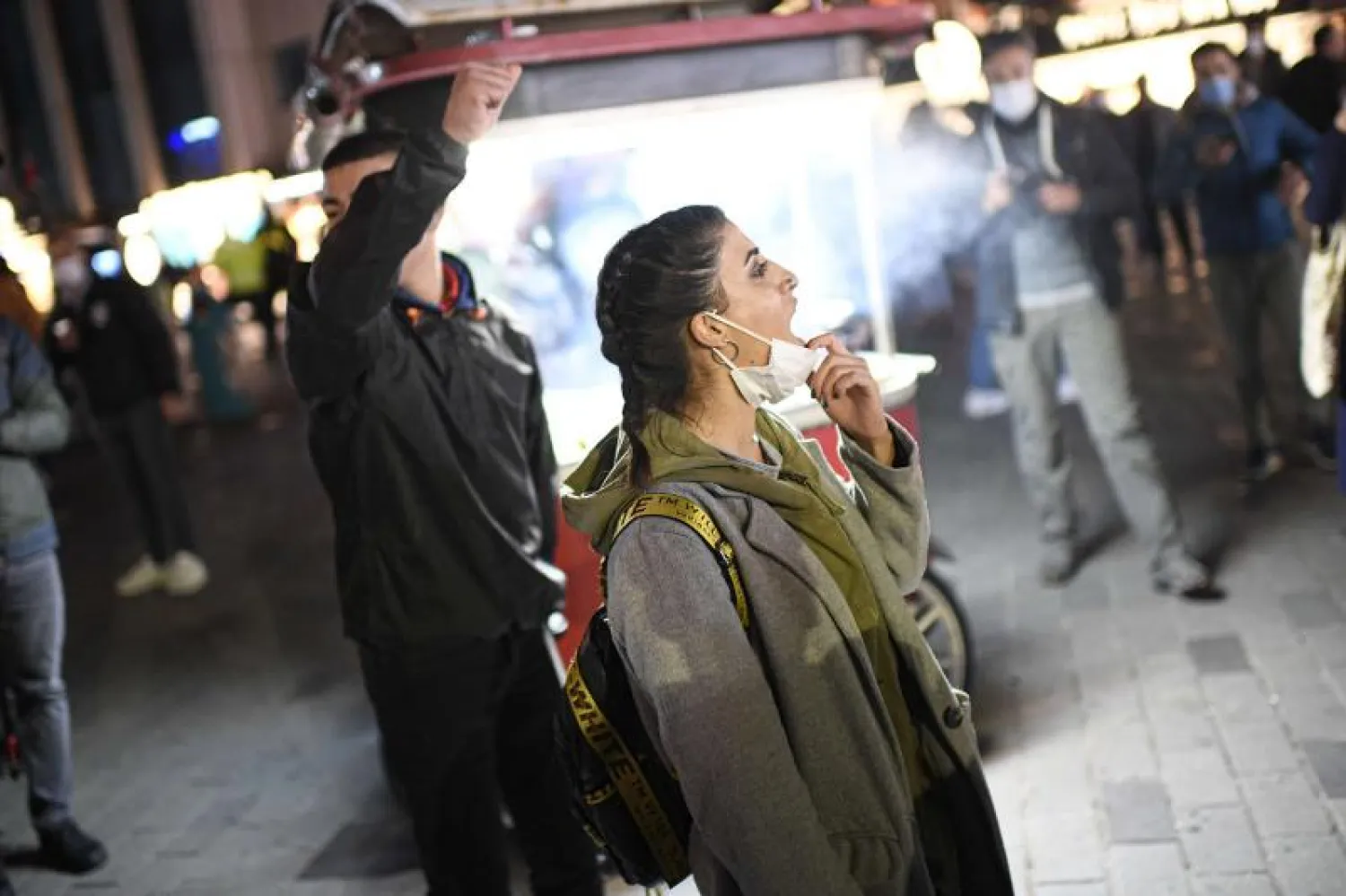A recent online campaign rocked the Turkish literary world with allegations of sexual assaults and harassment against a number of prominent authors, whose fame have helped them escape law enforcement.
The campaign gained widespread attention in local media when prominent author Ibrahim Colak committed suicide after allegedly sending a series of lewd text messages to younger women.
It started with a single tweet from an anonymous account on social media under the hashtag: "Don't be silent against harassment", which soon began trending on Turkish Twitter.
The movement was joined by well-known figures, encouraging women for the first time to come forward and report the practices of renowned writers who believed they were immune to accountability.
The campaign began with a tweet on December 7 by a user called “Leyla Salinger” who shared a video of novelist Hasan Ali Toptas, once dubbed the eastern Franz Kafka, with a caption: "How many of us are waiting for this man to be exposed?"
Then, 20 women made similar accusations against Toptas using the #MeToo hashtag, leading many more to describe the harassment and abuse of other male writers, according to a report published Tuesday by TRT World, an affiliate of the Turkish Radio and Television Corporation (TRT).
As a result of this campaign, Colak, 51, killed himself on December 10 in Ankara after tweeting an apology to his family and friends.
"I had not prepared myself for such an end. I wanted to be a good person but I failed," Colak tweeted before taking his life, adding he could not "look in the faces of my wife, children, and friends".
Local media indicated that Colak may have sent the lewd text messages to the same user, Leyla, whose Twitter account was deactivated after the suicide.
The incident encouraged more women who were victims of harassment to come forward and talk about their experiences.
Author Pelin Buzluk told Hurriyet daily newspaper her own accusations against Toptas.
"I was in shock," she said, describing a "very frightening moment" in which Toptas "approached and forced" himself on her in 2011. She described how she had to lock herself in the toilet at his house to escape his attempts.
She added that the writer then told her: "Well, why did you wear that dress?”
Toptas issued a statement further stirring controversy, describing his actions as that of a “patriarchal perpetrator”, and refused to be held responsible for his actions.
Buzluk indicated that this is not “the apology of someone who regrets his actions.”
But Toptas denied her story later, telling Milliye daily that something like this has never happened. That same day, the newspaper ran interviews with five women accusing him of harassment.
After the claims blew up on social media, Toptas's publishing house, Everest, dropped him saying it was "against all kinds of harassment". He was also stripped of awards received earlier.
Buzluk's bravery encouraged another writer, Asli Tohumcu, to report author Bora Abdo for harassing her, which he denied. However, his publishing house, Iletisim, dropped him after the claims surfaced.
In the wake of the various allegations, women have been encouraged to send their stories to an email address.
This is not the first time Turkey's literary community has come under scrutiny. However, all previous allegations have led to no legal action.
In 2018, author Nazli Karabiyikoglu wrote a long piece for a Turkish website entitled: “Sexual harassment and persecution in Turkey's publishing sector.”
Karabiyikoglu ran the piece on her website with the #MeToo hashtag.









